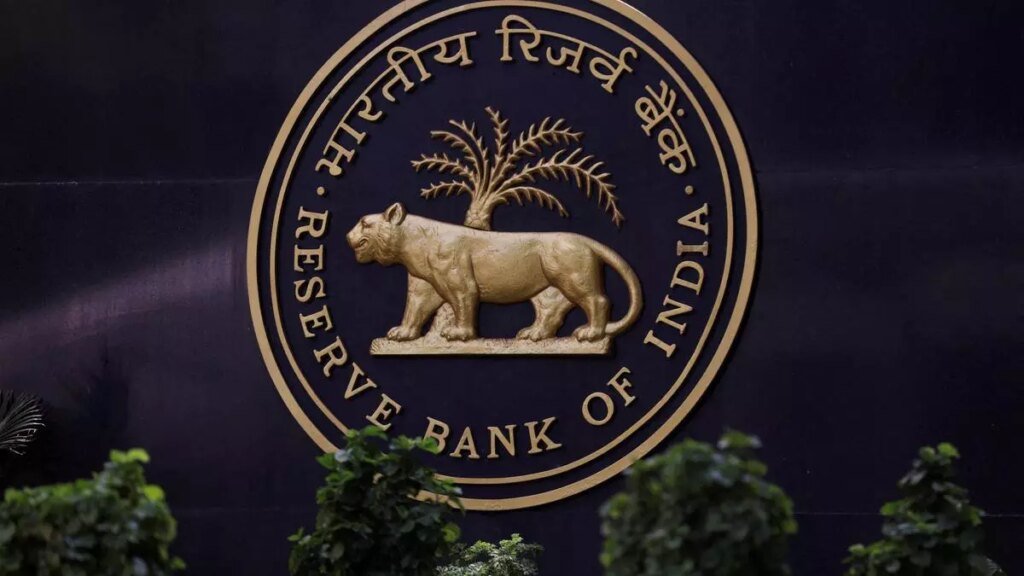Economics Nobel winners examine the role of institutions in growth

The ‘Nobel’ prize for Economics for 2024 has been awarded to three American economists: Daren Acemogulu, Simon Johnson and James Robinson. Their contribution is in respect of state institutions whose presence, they say, is necessary to achieve positive economic outcomes like growth with equity.
These institutions are various, from law and order to contract enforcement to sanctity of private property to honest public administration to equity, fairness and justice, etc. It can be a very long list which takes time to evolve. Over the last three decades, the awardees have shown, through very detailed analyses of different countries, and research into their evolution, that decolonised countries which managed to do well in developing the right state institutions achieved not just quick increases in gross domestic product but also its equitable distribution. In short, ‘sarve bhavantu sukhinaha’. Or, as economics would say, good and well-functioning state institutions are a necessary condition.
The three awardees regard social institutions as being less important than state institutions. Acemogulu has made this point using Afghanistan as an example. Many would disagree, not least because a telling counter example can be found in slavery in the US without which neither it nor Europe would have seen sustained capital accumulation for two-and-a-half centuries. So cheap labour, without the usual protections and benefits of collective bargaining, has been a critical element in maximising returns to capital. Indeed the US which ceased to be a British colony after 1776 had very poor institutions until the first quarter of the 20th century. But is the institution criterion sufficient for economic progress? India for example broadly meets the necessity criterion but fails in the sufficiency one because, along with good governance, capital is also needed. China provides the opposite example where good governance is lacking, at least in the Western sense, but has no problem in capital accumulation. Or, again in the Indian context, areas with the longest history of colonial exploitation such as the three British presidencies, have fared the best economically while areas with a short colonial history, like Punjab and therefore Pakistan, fared the worst. It’s therefore hard to generalise fully.
One could also ask if this award somehow sanctified Western institutions like democracy as the only ones worth having. On this again, many would disagree. All of East Asia which saw different colonisers, saw rapid progress without democracy in the sense the West understands it. But it has started faltering after it adopted electoral democracy. That said, the importance of institutions, whether state or social or economic or political or even primitive, can’t be denied. Societies need them and it’s to the credit of the three prize winners that they have drawn attention to a component of economic success that economics had ignored or taken for granted.







